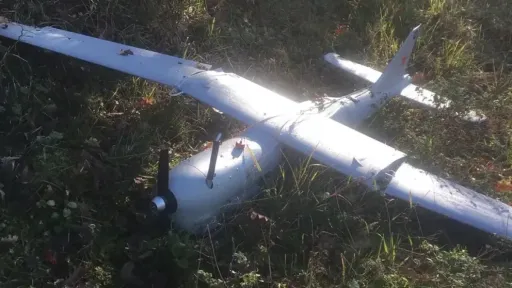Yemen's warring parties have failed to renew a UN-brokered truce deal that expired on Sunday, dashing the hopes of some Yemenis for a broader pact that would ease economic woes and prolong relative calm after more than seven years of fighting.
United Nations special envoy Hans Grundberg said late on Sunday he would continue to push for an extended and expanded deal between a Saudi-led coalition and the Houthi rebel group, both under intense international pressure to come to an agreement.
"It is a sad day for the Yemeni people," said Abdullah Ali, a 58-year-old teacher in the capital Sanaa, where people rushed to stock up on fuel and food on Sunday evening.
"We hoped to start receiving our salaries and to move towards a ceasefire. We are shocked," Ali told Reuters by phone.
Grundberg's proposal is for a six-month truce extension, a mechanism to pay civil service wages, and greater movement of goods and people in the country where 80 percent of the population of some 30 million rely on aid.
The initial two-month truce was agreed in April and renewed twice despite grievances by both sides over its implementation. It allowed some fuel ships into Hodeidah port and some commercial flights from Sanaa, both held by the Iran-aligned Houthis.
"I will continue my relentless efforts to engage with the parties to quickly reach an agreement on a way forward," the envoy said in a statement, urging the parties to maintain calm.
Years of conflict
The parties on Sunday accused each other of hampering peace efforts. The Saudi-backed government blamed the Houthi rebels, de facto authorities in the north, for refusing the deal.
A Houthi council criticised the UN proposal as lacking and threatened attacks on "airports, ports and oil companies of aggressor countries" if the military coalition led by Saudi Arabia does not lift its sea and air restrictions.
According to United Nations figures, more than 150,000 people have died in Yemen's war and millions have been displaced.
The conflict pits Yemen's Saudi-supported government, officially based in the southern port of Aden, against the Iran-backed Houthis.
The Houthis seized the capital Sanaa in 2014, prompting a Saudi-led military intervention the following year and igniting a war that has caused what the United Nations terms the world's worst humanitarian crisis.
























